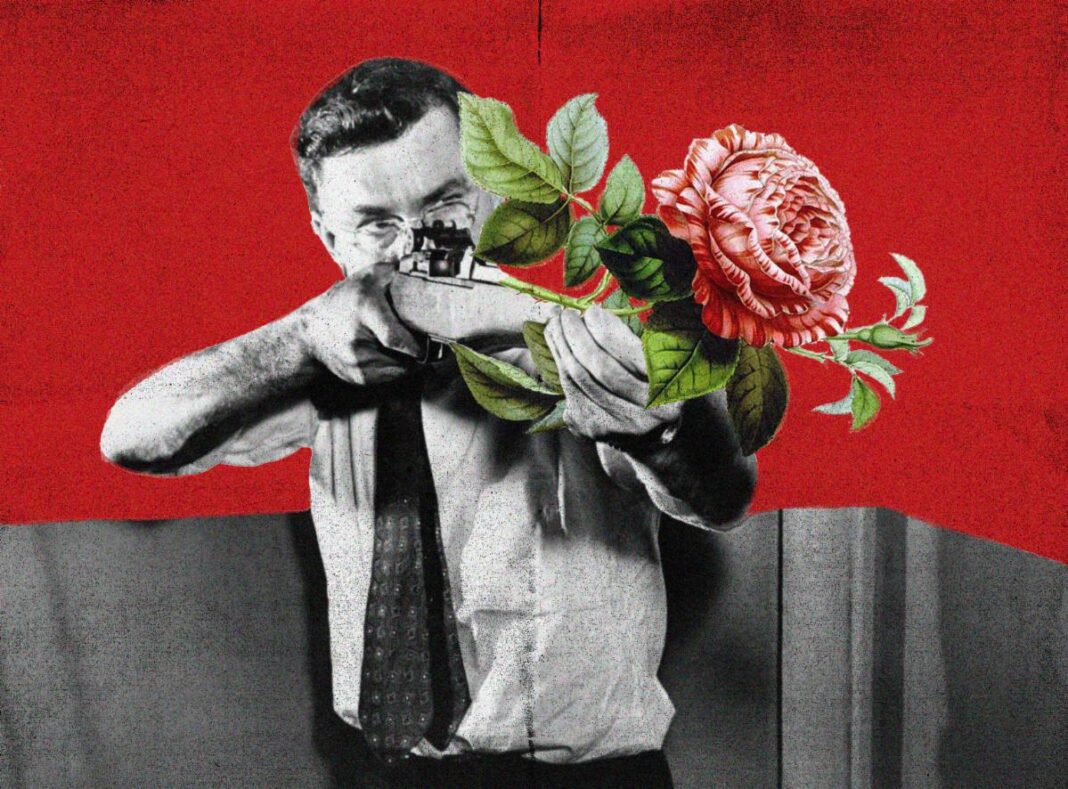In the last few months, the number of criminal proceedings against religious conscientious objectors has suddenly dramatically increased in Ukraine, mainly affecting the members of the Jehovah’s Witnesses’ community and even their religious ministers. The convictions are severe: imprisonment for a term of 3 years.
As of late October, police and prosecutors were investigating about 300 criminal cases against conscientious objectors (over 280 were Jehovah’s Witnesses), according to Forum18. Some others were Adventists, Baptists, Pentecostals and non-believers.
This situation is the consequence of a decision of the Supreme Court which clearly confirmed on 13 June 2024 the suspension of the right to conscientious objection and to an alternative civilian service during the war with Russia, in a case opposing the Adventist Dmytro Zelinsky to the Ukrainian state.
Quote from the decision of the Supreme Court:
“According to Art. 17 of the Law of Ukraine of 06.12.1991 № 1932-XII ‘On Defense of Ukraine’ protection of the Fatherland, independence and territorial integrity of Ukraine is a constitutional duty of the citizens of Ukraine. Male citizens of Ukraine, eligible for military service for health and age, and female citizens, also with appropriate professional training, must perform military service in accordance with the law.
Thus, no religious beliefs can be the basis for evading a citizen of Ukraine, recognized as fit for military service, from mobilization in order to fulfill his constitutional duty to protect the territorial integrity and sovereignty of the state from military aggression by a foreign country.”
Dmytro Zelinsky appealed to the Constitutional Court and on 24 September 2024, proceedings were opened about his complaint. An answer is not expected until several months.
Constitutional and legal framework
The Constitution of Ukraine (Article 35) enshrines the right to freedom of religion and worldview. While granting freedom to profess any religion or not to profess any, to freely perform religious and ritual rites individually or collectively, to conduct religious activities, the Constitution states that no one can be relieved of his duties to the state or refuse to comply with the laws on the grounds of religious beliefs. If it is contrary to the religious beliefs of the citizen, the fulfillment of this duty must be replaced by an alternative (non-military) service.
The legislation of Ukraine protects the right of its citizens to conscientious objection to military service, but only for ten categories of religious associations:
Reformed Adventists
Seventh-day Adventists
Evangelical Christians
Evangelical Christian Baptists
Pokutniki (stemming from the Uniate Church in the mid-1990s)
Jehovah’s Witnesses
Charismatic Christian Churches (and similar Churches according to the registered statutes)
Christians of the Evangelical Faith (and similar Churches according to the registered statutes)
Christians of the Evangelical Faith
Society for Kṛiṣhṇa Consciousness.
Believers of other religions and followers of non-religious worldviews (atheists, agnostics…) are not eligible for the status of conscientious objection.
Noteworthy is also that while Adventists can accept an alternative civilian service under military supervision, Jehovah’s Witnesses refuse any form of alternative service under the authority of the army.
The specific law of Ukraine “On Alternative (Non-Military) Service” provides for the possibility of replacing only fixed-term military service with alternative (non-military) service, i.e. only military service that is valid in peacetime.
Fixed-term military service was abolished with Russia’s invasion of the territory of Ukraine on 24 February 2022. Ukraine declared a state of martial law and general mobilization was quickly introduced by presidential decree. All men between the ages of 18 and 60 were deemed eligible for call-up in a general mobilisation and were banned from leaving the country.
The law does not provide for the possibility and a procedure for replacing military service with alternative (non-military) service during military conscription (mobilization). The decisions of the courts dealing with conscientious objectors in this context were first uncertain.
Number of arrests on the rise
From February 2022 to July 2024 (28 months), the number of sentences in criminal cases issued against Jehovah’s Witnesses who refused to be mobilized due to their religious beliefs was only 4 cases. In the period from July to November 2024 (5 months), their number escalated to 14 cases.
It must be stressed that there are about 100,000 Jehovah’s Witnesses in Ukraine and thousands of them have the age to be mobilized. It means that the problem could quickly become daunting with a massive number of convictions to prison terms. In the meantime, their only option will be to go into hiding, to live at a place different from their official address, to choose self-confinement, to stop working outside or to be careful on their way to their workplace, to avoid public transport, train and bus stations, public events…
See recent documented cases on the website of Human Rights Without Frontiers





